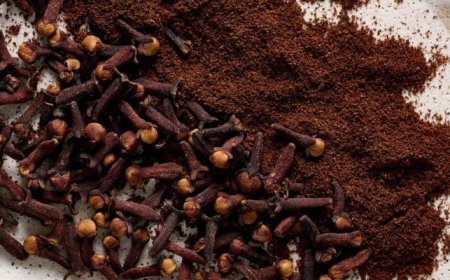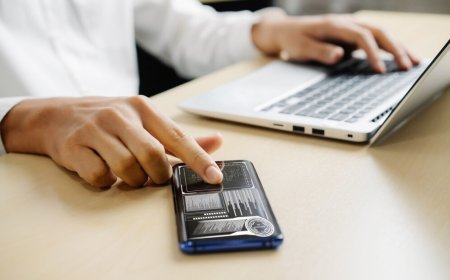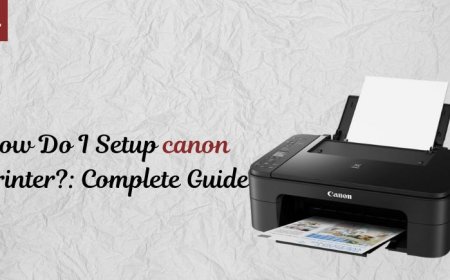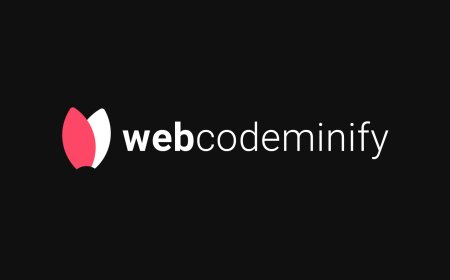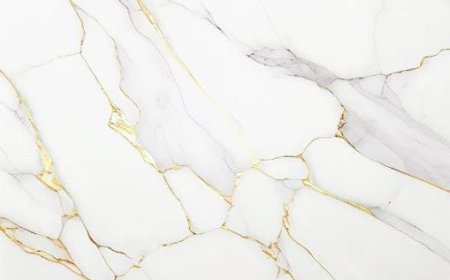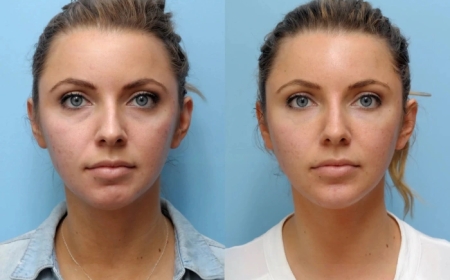Mindfulness and Burnout Recovery: New Tools That Work
Why I Had to Re-Evaluate My Stress Levels
I didnt notice burnout creeping in until it started affecting everything I did. At first, I just felt tired. Then came the brain fog, irritability, and lack of motivation. Even things I once enjoyed felt like tasks. I thought a good nights sleep or a weekend off would fix it, but that barely scratched the surface. Thats when I started looking into mindfulnessnot as a trendy practice, but as something practical I could apply daily.
The idea wasnt to overhaul my life. I just needed tools that worked with my routine, not against it. I started small, tried out different apps and techniques, and slowly began noticing a shift. My mind felt less cluttered. I had more control over how I responded to stress. And the best part? It didnt require hours of commitment or complicated steps.
What Mindfulness Looked Like in My Daily Life
5-Minute Breathing Exercises
I used to underestimate how effective deep breathing could be. Now, I start my mornings with five minutes of focused breathing. I sit still, inhale for four counts, hold for four, and exhale for four. This simple rhythm helps me clear my head before the day begins. Doing it consistently made a big difference in how grounded I feel.
Guided Meditation Apps
At first, I wasnt sure if Id stick with a meditation app. But I gave it a try and quickly realized how helpful it was. Apps like Headspace and Insight Timer offer short sessions that fit into breaks or lunch hours. I used them for stress relief, better focus, and even winding down before sleep. I now keep one on my phone like a daily companion.
Body Scan Awareness
When my shoulders tensed up or my posture slipped, I started doing quick body scans. Id close my eyes, shift my attention from head to toe, and simply notice how I felt. This tool helped me reconnect with my body and stop ignoring physical signals of stress.
Setting Intentions Instead of To-Do Lists
Rather than filling my day with endless tasks, I started setting a clear intention every morning. It could be stay calm in meetings or focus on one task at a time. That small shift gave me direction without pressure. I still kept my task list, but now it worked in support of my energy, not against it.
Tools That Actually Supported My Recovery
-
Mindfulness-Based Stress Reduction (MBSR) courses
I tried a virtual MBSR course. It offered structured practices over a few weeks. It wasnt intense, but the consistency helped build new habits.
-
Journaling with prompts
Free writing didnt always work for me, but using prompts like What drained me today? or What brought me peace? made journaling feel productive and reflective.
-
Digital detox time
I set up short blocks each day with no screensno emails, no social media. It gave my brain space to rest and reset.
-
Walking meditations
Id put on a calming playlist and walk around the block, focusing only on my steps and breath. It was a great way to refresh without needing extra time.
What Helped Me Stay Consistent
The biggest shift came when I stopped treating mindfulness like a fix and started treating it like maintenance. I didnt wait for a breakdown to take a breath. I built these tools into my everyday routine, just like I might plan meals or check in on my calendar.
Sometimes, I paired mindful habits with other small lifestyle changes. For example, I used to scroll my phone while taking short breaks. Now I use that time for reflection or a quick grounding technique. I also noticed how my decisions started aligning better with my energywhether it was skipping a social event when I needed rest or choosing a simple option like a cheap vape instead of complicating things with multiple purchases.
Burnout recovery isnt about doing everything at once. Its about doing one thing consistently and building from there. That mindset took a lot of pressure off. I began to notice which habits gave me energy and which drained it. Then I made small changes to keep the balance in my favor.
Where I Saw the Most Change
Once I found tools that clicked, I noticed shifts not just in my mood, but in my productivity. I had more focus, fewer mental crashes in the afternoon, and a better ability to handle conflict calmly. I wasnt trying to be perfectly zenI just wanted to show up with a clearer head.
Over time, I also felt more in tune with what mattered. I made decisions based on how they made me feel, not just what seemed urgent. That included choices about health, downtime, and even what products to use. While researching some new e cigarette brands, I realized I was also thinking more clearly about what habits I wanted to keep and which ones I was ready to let go of.
Recovery Isnt a DestinationIts an Ongoing Practice
Final Thoughts
Mindfulness gave me the space to pause, notice, and act with intention. It wasnt a magic solution, but it worked because I kept it simple and consistent. Burnout didnt go away overnight, but my ability to manage stress and bounce back improved a lot.
These tools arent complicated, and they dont need hours a day. They just need moments of attention. If youre feeling overwhelmed or running on empty, start with something sm











